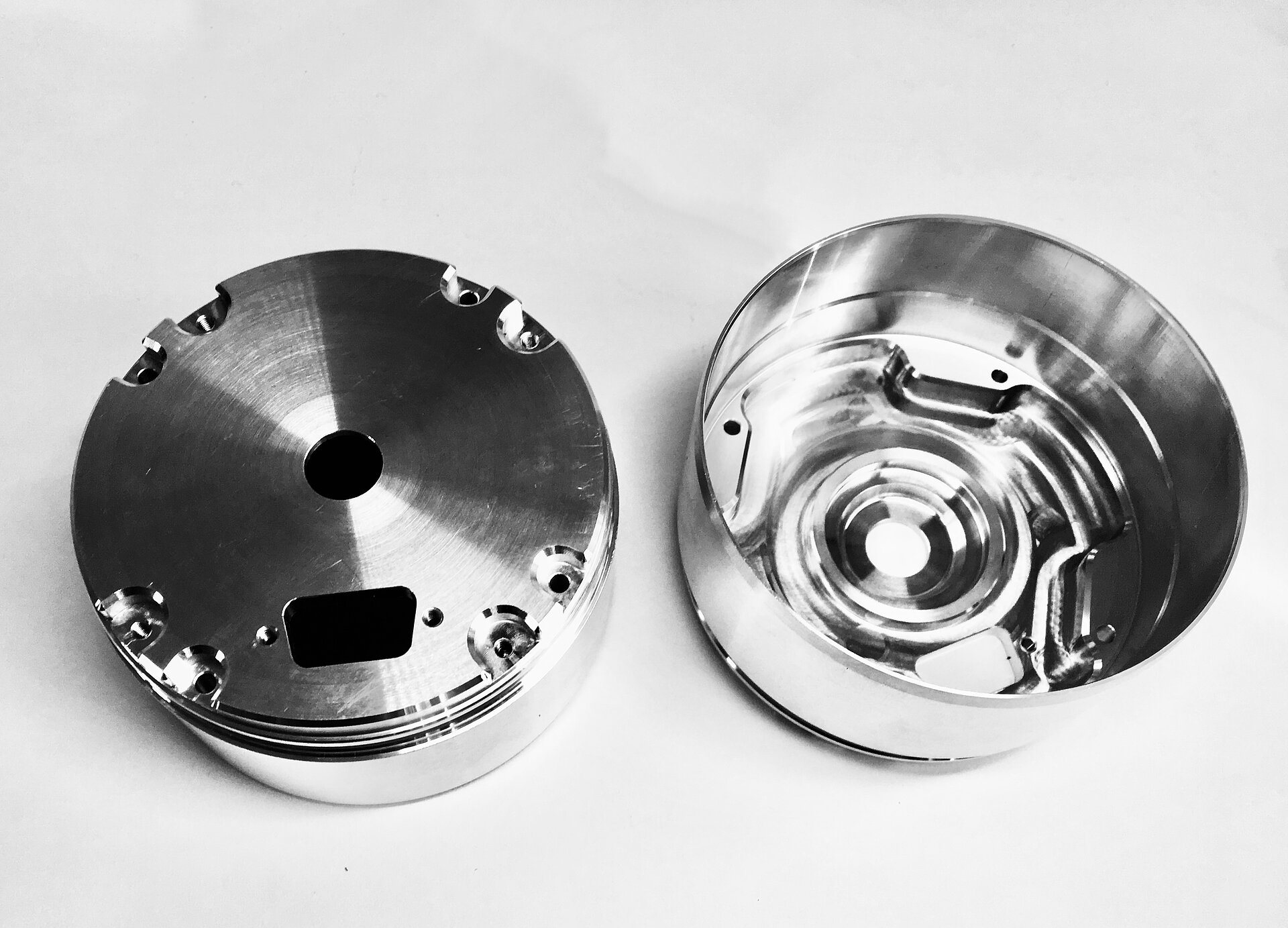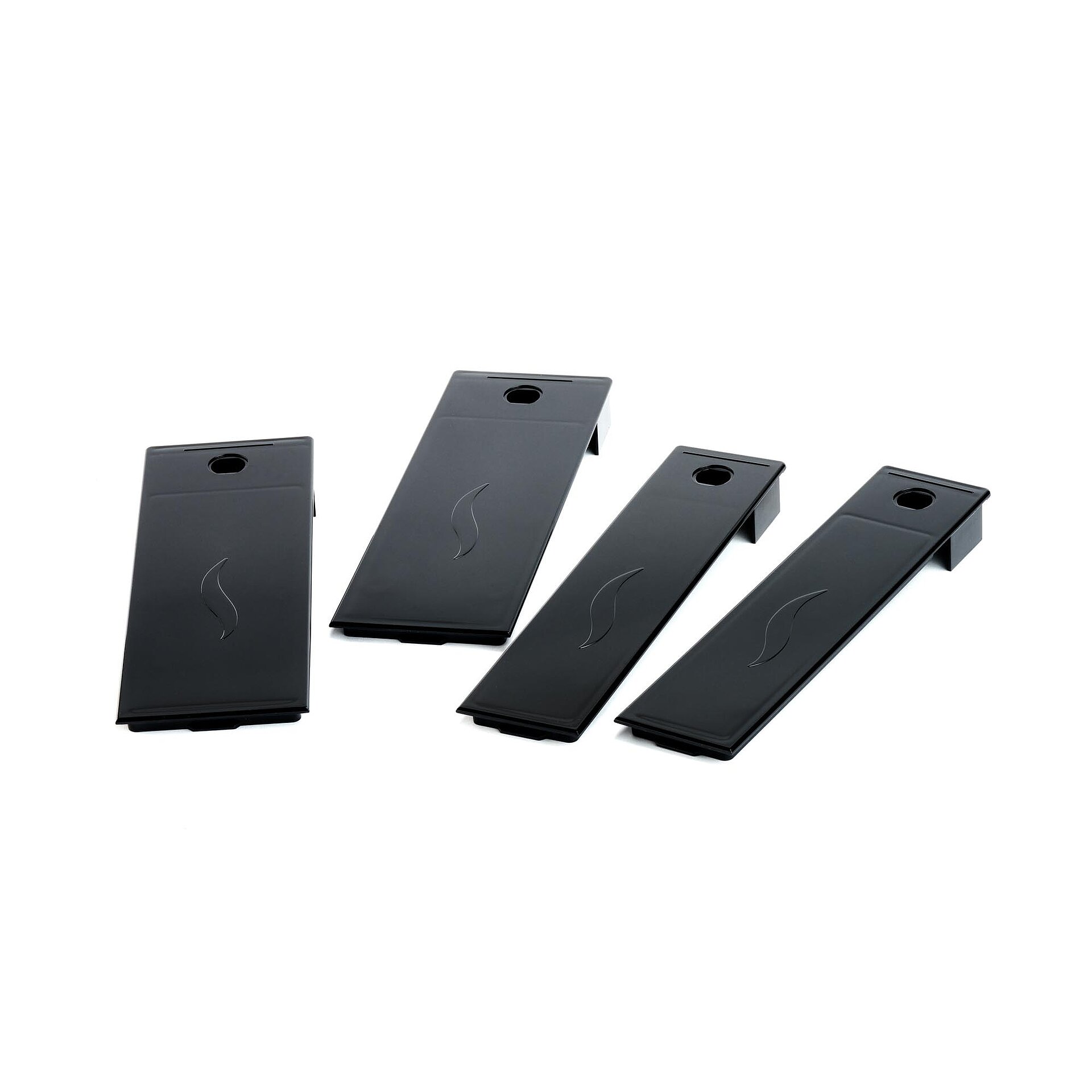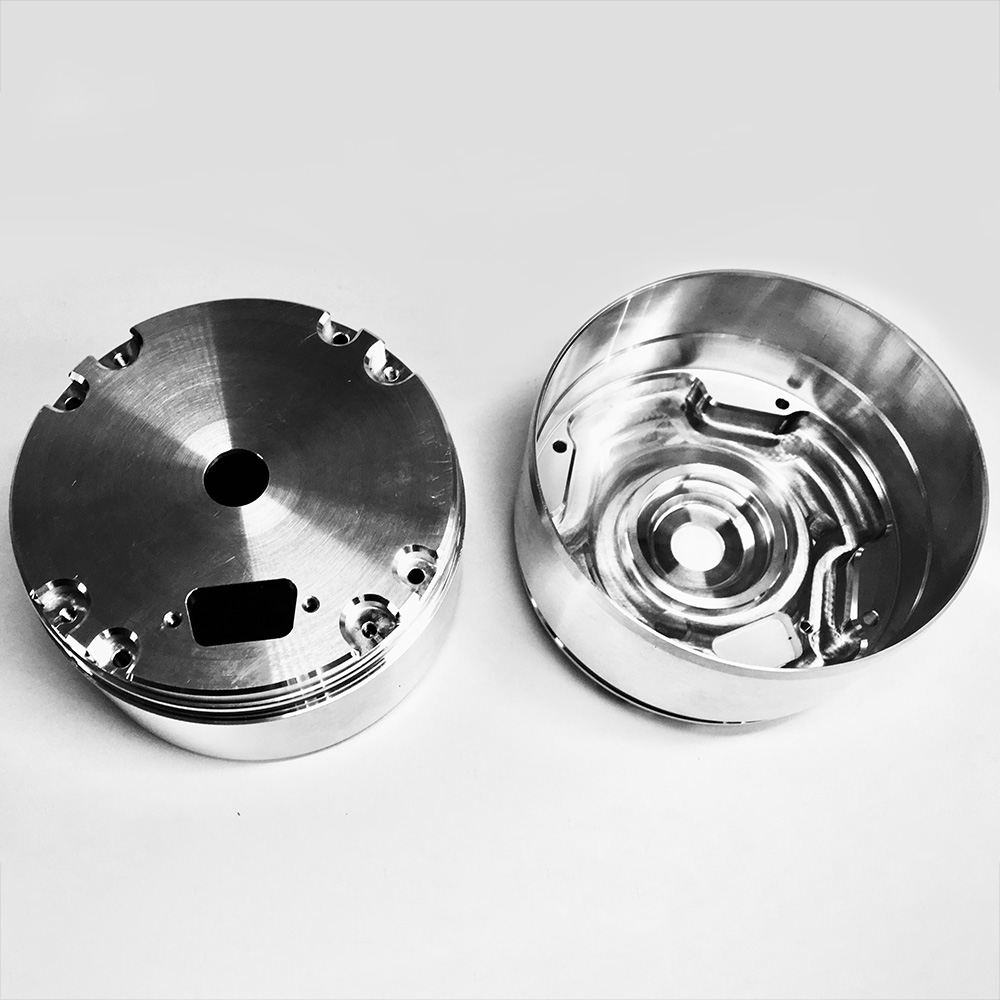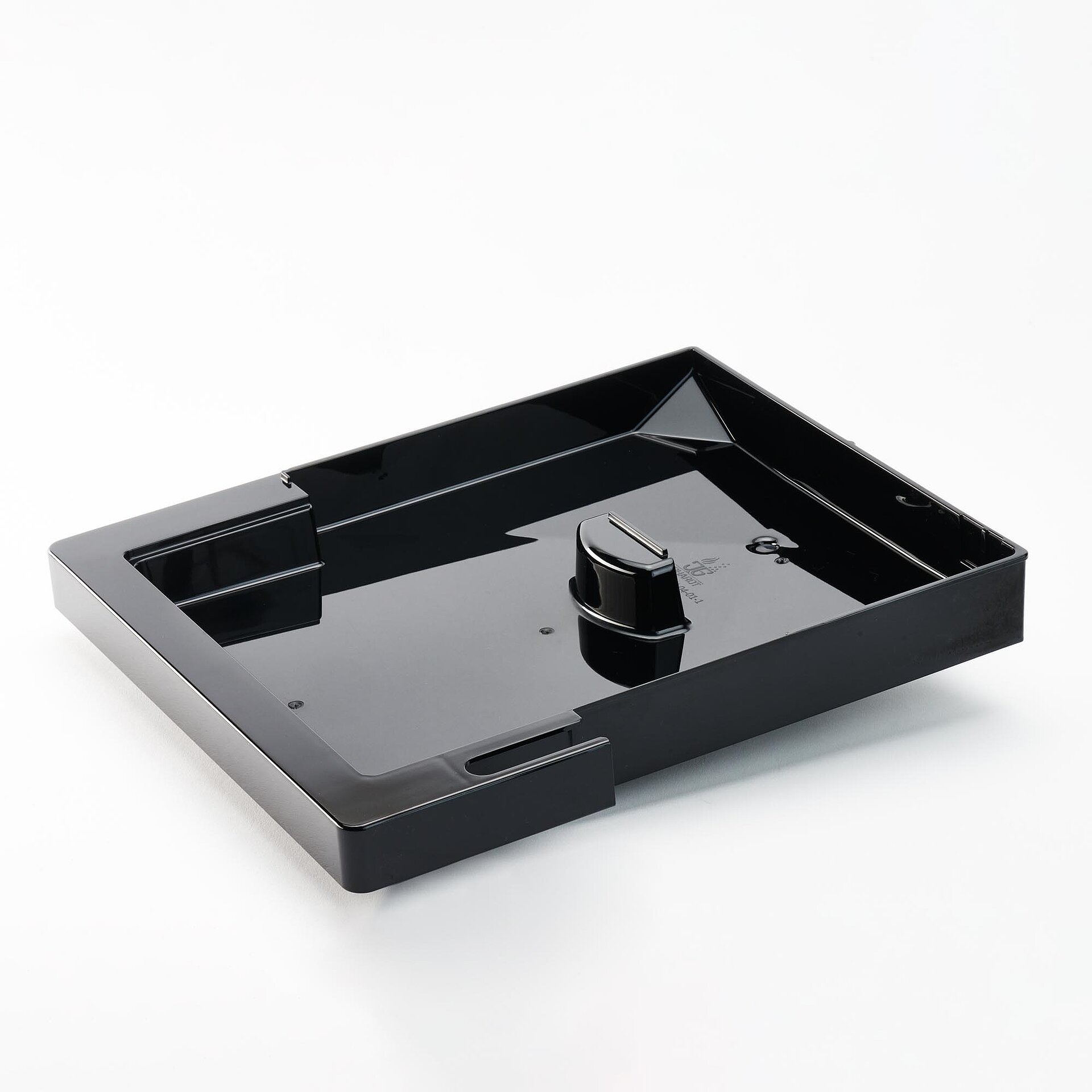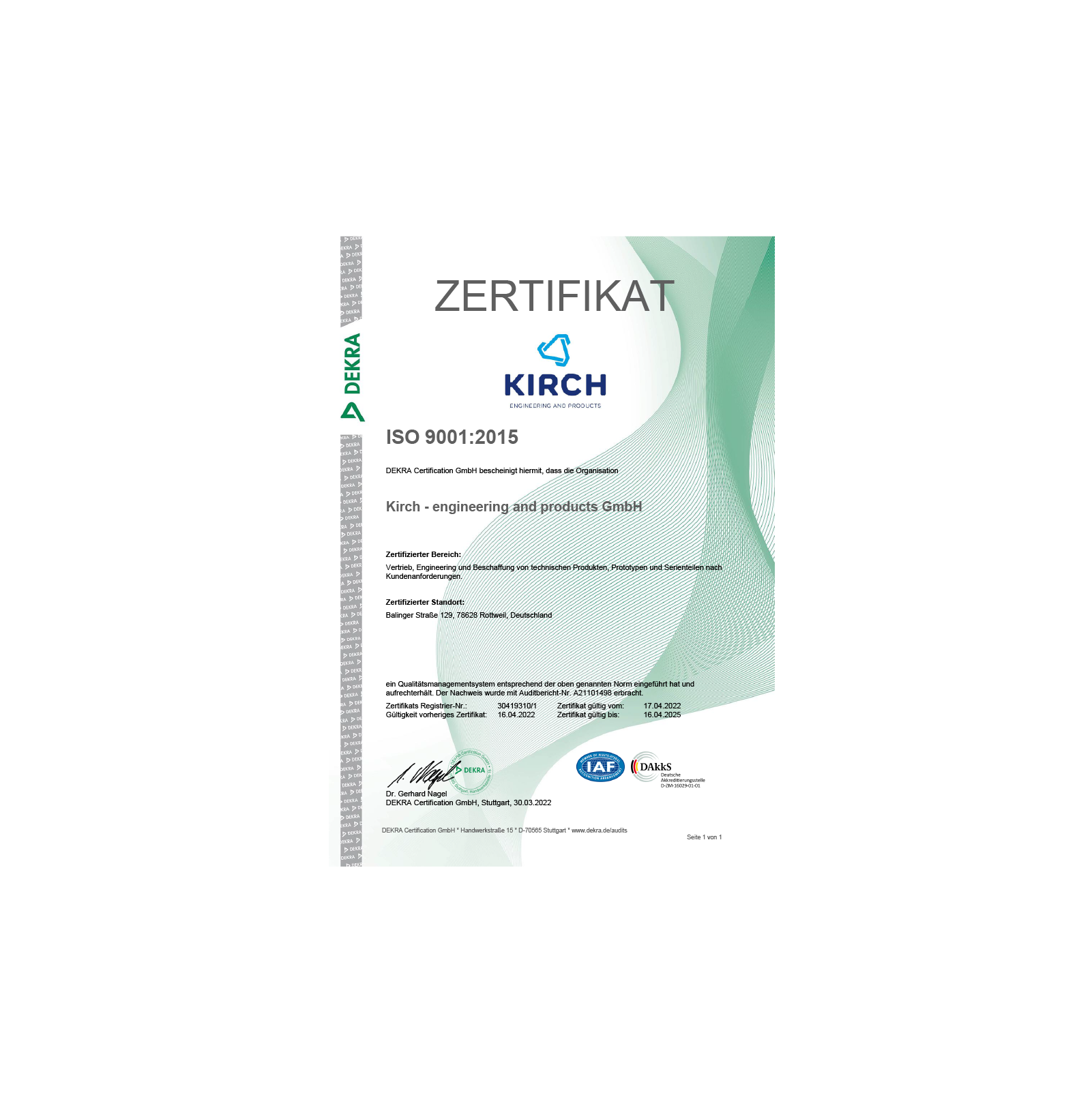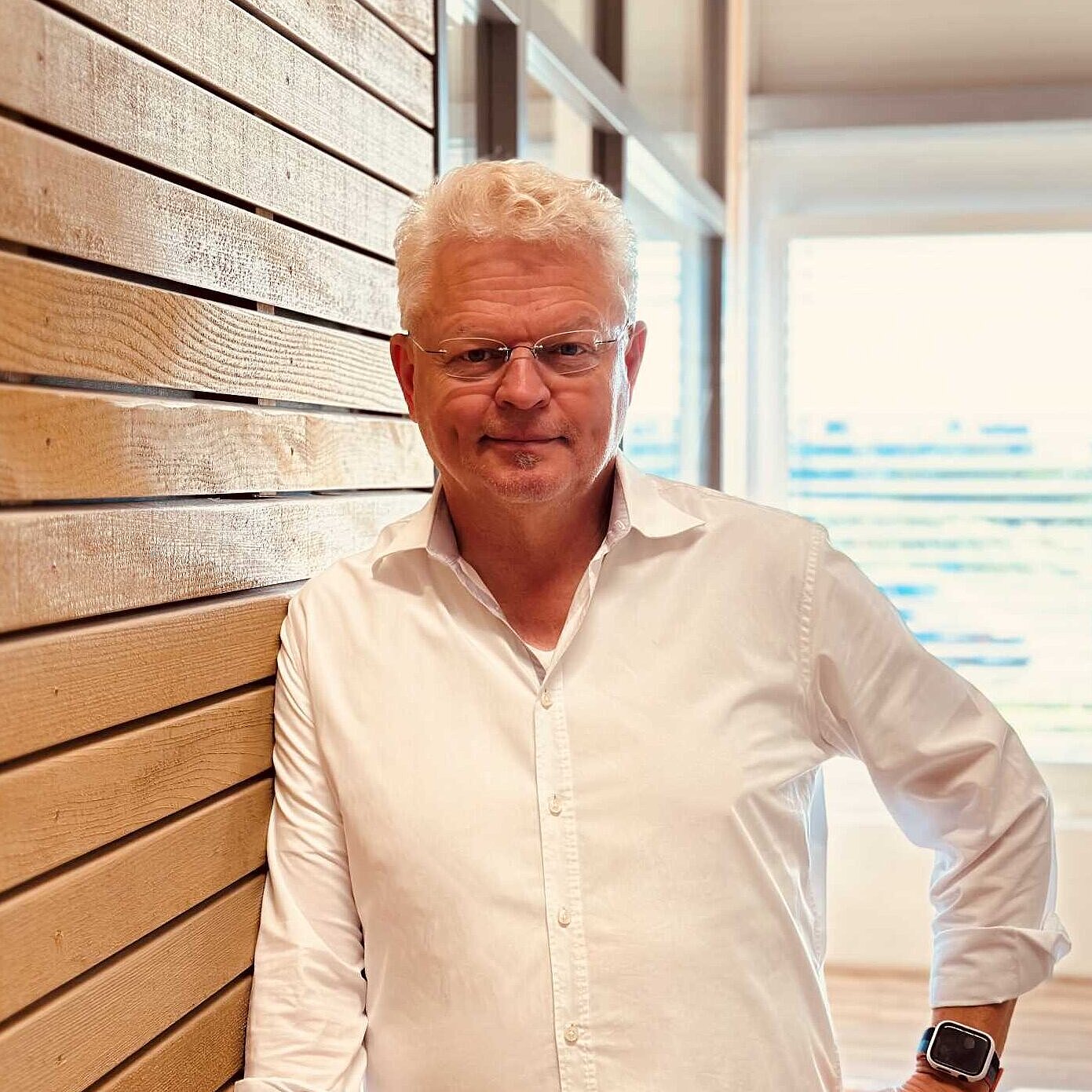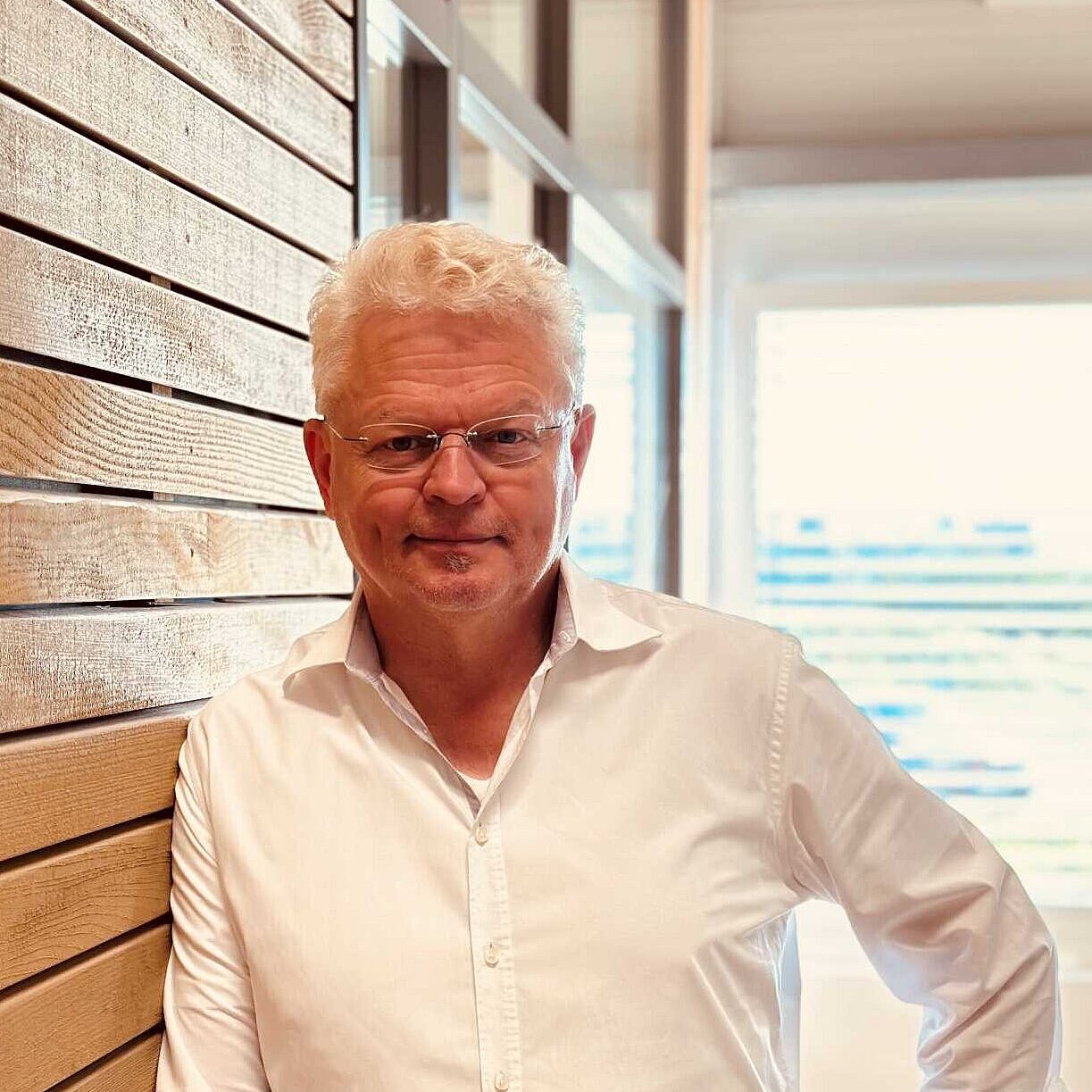Prototypes & single items made of plastic & metal
Prototypes and individual parts close to series production with technology- or material-dependent tolerances are indispensable in every phase of product development. For example, in prototype construction in plastic or metal, demanding customer requirements must be realised in the shortest possible time that meet the high demands of series production. Tight tolerances can be realised, for example, by CNC machining of the prototypes. Here you can rely entirely on the development expertise and many years of experience of Kirch engineering and products in the field of rapid prototyping. We accompany you throughout the entire project, from consultation to series release. And we transform your ideas not only into a physical component, but into a high-quality product.
Prototypes & functional prototypes for faster time-to-market
With "rapid prototyping" (additive manufacturing), high-quality prototypes, samples and individual parts can be produced cost-effectively to your specifications in just a few days. This allows you to react more quickly to design changes and accelerates time-to-brand.
Small-batch manufacturers of machines, machine parts, vehicles or other products also benefit enormously from this. Individual components can be produced on a commission basis per week, month or year. In this way, you avoid high storage costs and losses due to changed designs.
3D printing for rapid prototyping on demand
Depending on the application, we use vacuum casting processes (also multi-component) for your prototypes as well as different 3D printing processes such as:
- SLA (stereolithography): In stereolithography, liquid epoxy resin or acrylic resin is cured via a UV laser beam.
- SLM (Selective Laser Melting). In this process, components are made from fine metal powder under the influence of a laser beam.
- FDM (Fused Deposition Modelling): In the fused deposition modelling process, a 3-D object is produced layer by layer from a fusible plastic.
- SLS (Selective Laser Sintering): Laser sintering is a generative layer construction process. The model is built up by locally sintering or fusing powdery material layers layer by layer with focused laser radiation.
- MJF (Multi Jet Fusion): HP multi-jet fusion technology uses fine-grained material for ultra-thin layers down to 80 microns. This produces parts with high density, low porosity and a particularly smooth surface. This reduces the finishing effort for functional parts. MJF shortens lead times and is perfect for functional prototypes and small series.
With all 3D printing technologies, you can choose from a wide range of materials in plastic and metal.
To ensure that you don't have to worry about anything and that we can guarantee the highest quality of your prototypes and individual parts, we also take care of downstream assembly and processing steps, such as surface finishing.
Certified quality management
Our quality management has been certified in accordance with DIN ISO 9001 since April 2019. Whether your product developments are simple or complex, you can always rely on comprehensive quality assurance and top product quality. No matter if high-quality prototypes, small batches or large-scale production. You have our word!
CONTACT WITH KIRCH.
ALWAYS WELL TAKEN CARE OF.
You want to benefit from Kirch's comprehensive development and production know-how and find out more about the services we offer? Or do you have a specific project in the areas of cast parts, plastic parts, aluminium profiles and prototypes? We will be happy to advise you. Competently and in person. It just takes a phone call or an email!
Paul-W. Kirch
Management
Tel: +49 741 174124-0
Fax: +49 741 174124-29
paul.kirch@kirch-engineering.com
